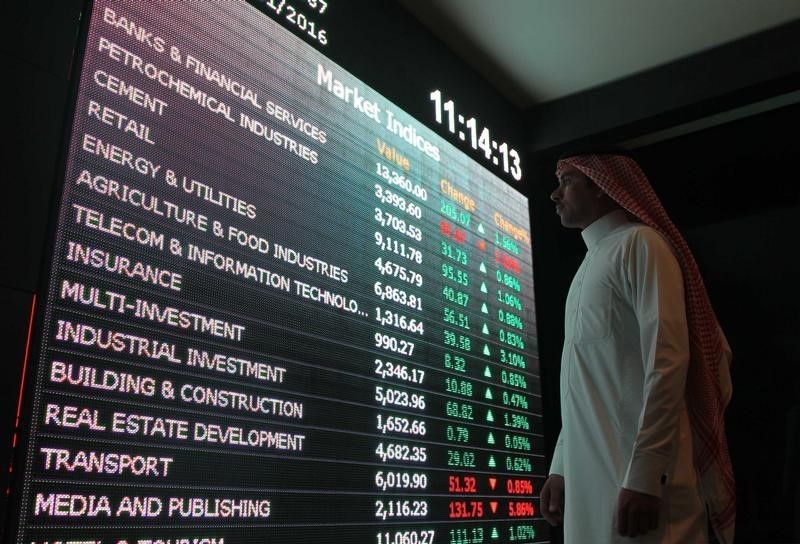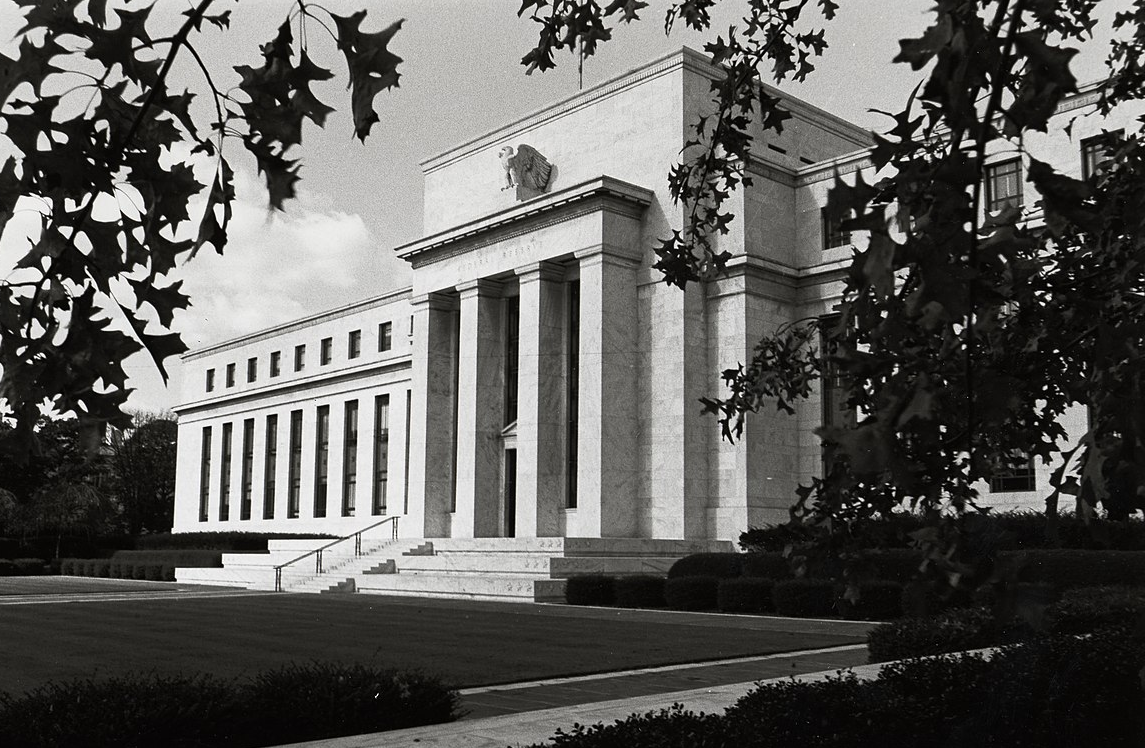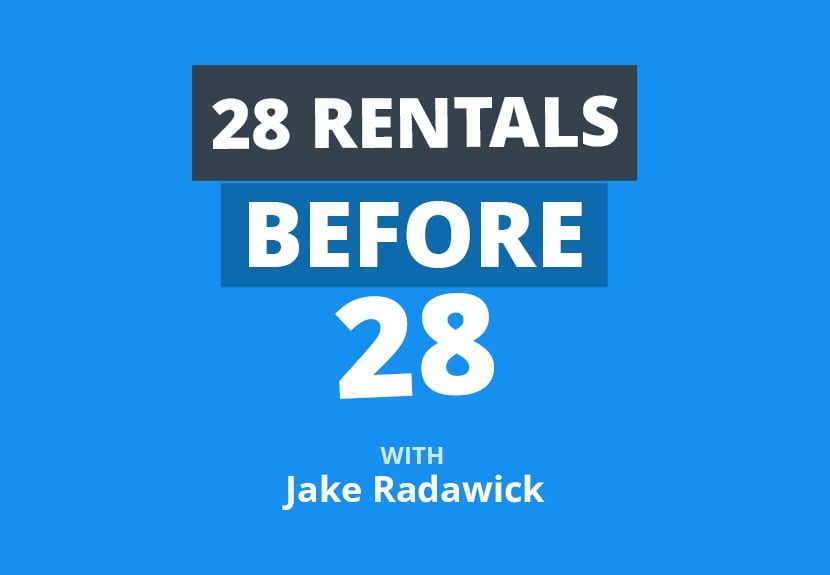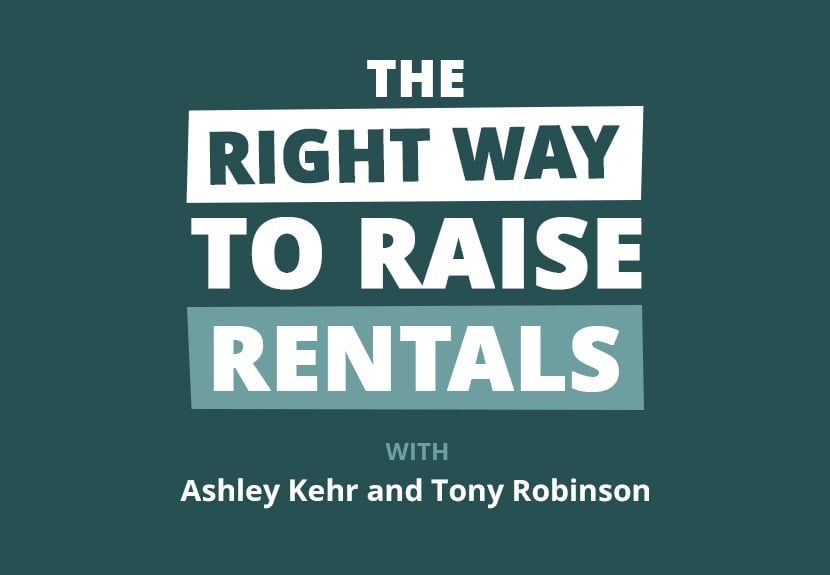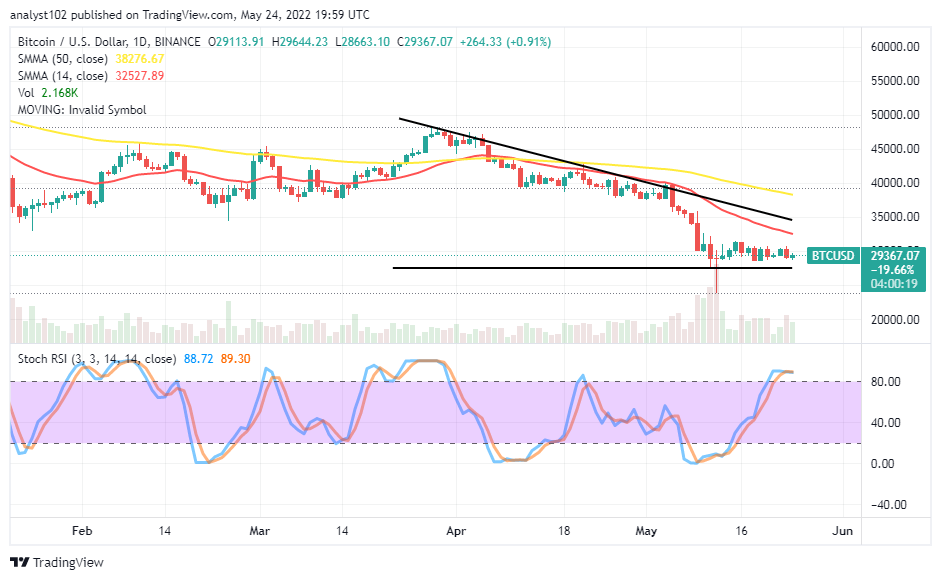Luxury home sales slowed faster than lower-priced homes. Crypto, tech stocks and proptech values plummeted. Is the slowdown impacting wealthy buyers more?
In these times, double down — on your skills, on your knowledge, on you. Join us Aug. 8-10 at Inman Connect Las Vegas to lean into the shift and learn from the best. Get your ticket now for the best price.
We’ve all heard of the housing recession; here’s a new one: “richcession.”
Many who benefited from the red-hot economy and housing market, ballooning net worths thanks to things like high tech salaries, tech stocks and cryptocurrencies, quickly watched their value shrink.
It’s a “richcession,” The Wall Street Journal wrote, and it’s already taking a toll in a number of ways, including on the luxury real estate market.
Several recent reports and agents specializing in luxury real estate say they’ve already seen the ongoing downturn affect sales.
Aaron Kirman | Christie’s International Real Estate
“I’ve had multiple people that were very heavily vested in crypto need to sell their homes and are willing to sell their homes at deep discounts to get them off their books and get some cash,” said Aaron Kirman, a leading luxury agent with Christie’s International Real Estate in Los Angeles.
The new term coined by The Wall Street Journal in recent months describes the impact of the broad economic and housing slowdowns on America’s highest earners.
The outlet reported the gap between rich and poor narrowed since the start of the COVID-19 pandemic and might continue as high-paying companies downsize their workforces.
Many of the layoffs that have already taken place have been among high-paying tech firms (including a number of so-called “proptech” firms that bridge the gap between technology and real estate).
Facebook parent Meta cut 11,000 jobs in the fall (about 13 percent of its global workforce). Microsoft laid off about 10,000. Amazon shed 18,000.
Collectively, Forbes estimates the number of layoffs at the often high-paying tech firms is close to 150,000.
The prices of assets, such as tech stocks, cryptocurrency and non-fungible tokens ballooned in 2020 and 2021 before cratering in 2022, impacting sources of immense wealth that had been used to buy high-end homes.
Meanwhile, there’s generally a labor shortage among jobs that pay lower incomes. Specifically, WSJ reported, leisure and hospitality has about 1 million more unfilled jobs today than pre-pandemic.
Several reports seem to confirm that the luxury market is being hit harder than others during the so-called “housing recession,” as sales volumes, transactions and the overall pace of sales both cooled from the red-hot first years of COVID.
Home sales for the top third of the market were down by 25 percent from August to November 2022 compared to the same period a year before, WSJ reported, citing data from Zillow. They were down 11 percent for the bottom third.
A new report from UrbanDigs, which provides New York City market data, found that the number of contracts signed for homes priced over $4 million has fallen “significantly.”
“Current [contract signings] levels for luxury properties appear to be near [the] low end of historical activity,” the report reads, “suggesting deal volume may have already bottomed out.”

Contact signings are still above 2019 levels, but well below the previous two years. Pending luxury sales in Manhattan are at their lowest level in the past five years.
A handful of discount and less expensive stores are seeing wealthier clientele, while up-scale brands have declined, the WSJ noted.
“As the value of speculative assets like tech stocks and cryptocurrency soared in 2020 and 2021, splashing out on residential or vacation real estate became less of a stretch for wealthy home buyers,” WSJ reported. “Now, though, the housing market reflects the financial pressure those sorts of buyers are facing.”
Kirman said the ultra high-end homes — “I’m talking about the crazy ones like $100 million and up” — are still selling. But for those that may have been attainable for high-earning buyers who are more subject to short-term market volatility, things are a bit different.
“I had one guy in tech whose stock really kind of crashed and he needed to sell,” Kirman said. “It’s just a really weird, volatile moment that I think everybody is struggling to define.”
We might have a new word to help define it.
Get Inman’s Luxury Lens Newsletter delivered right to your inbox. A weekly deep dive into the biggest news in the world of high-end real estate delivered every Friday. Click here to subscribe.
Email Taylor Anderson









